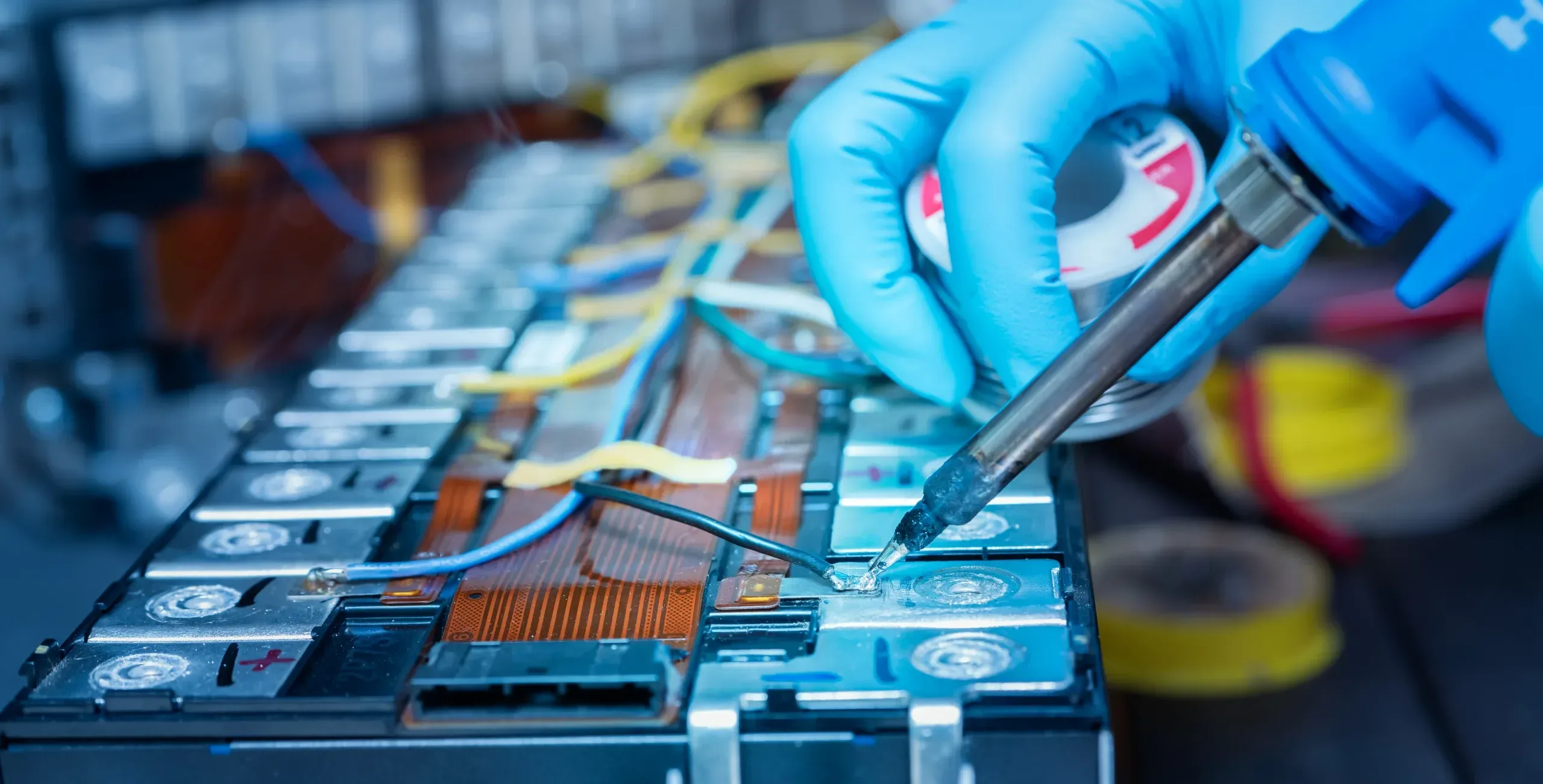With advancements in technology and increased awareness of environmental issues, electric vehicles have become an integral part of the future of the transportation industry. However, despite significant achievements, there are some limitations. In this text, we will look at why current battery technologies are limiting the potential of electric vehicles, and what promising new developments can solve this issue.
“EV battery technologies create bridges between today and tomorrow, enabling new frontiers in mobility.” – Octa Energy
Why are current EV battery technologies limiting their potential?
Limited capacity
Modern lithium-ion batteries, mainly used in electric vehicles, face the problem of low capacity. This limits the distance an electric vehicle can travel on a single charge and creates dependence on charging station infrastructure.
Long loading process
Charging speed is also a significant limiter. Even with fast charging stations, the charging process takes time, which may be inconvenient for some drivers.
High production costs
The production of lithium-ion batteries is associated with high costs, which affects the cost of electric vehicles. Economic exclusion for the general public may slow the transition to more sustainable modes of transport.
What new and promising technologies are there?
Solid-state batteries
Prepresent one of the most promising technologies. Instead of a liquid electrolyte, a solid substance is used, which improves safety, reduces the risk of overheating and allows for the creation of compact, highly efficient batteries.
Advantages:
- High security.
- Long service life.
- Resistance to overheating.
Lithium-sulfur battery
Prepresents another option that seeks to solve the problems of existing technologies. Instead of traditional cathode materials, these batteries use sulfur, which increases capacity and reduces production costs.
Advantages:
- High capacity.
- Reducing production costs.
- Increasing the efficiency of electric vehicles.
The future of electric vehicles: development and prospects
Givenaforementioned technological innovations, the future of electric vehicles seems promising. However, to ensure their successful implementation, it is necessary to solve a number of key problems.
Charging station infrastructure
Developing charging infrastructure is a top priority. Increasing their number and increasing efficiency will not only provide convenience for drivers of electric vehicles, but will also become an incentive to switch to this type of transport.
Research and development
Further research and development in battery technology is necessary for continuous improvement. Scientific communities and companies must continue to invest in research to achieve more efficient and environmentally friendly solutions.
Reduced production costs
Reducing production costs for new battery technologies plays an important role in making electric vehicles accessible to a wider audience. The economic benefits will facilitate a rapid transition to sustainable modes of transport.
The development of new technologies for electric vehicle batteries offers promising prospects for the future of the transportation industry. However, it is necessary to take into account current limitations and actively work to overcome them. In this way, electric vehicles can become not only more affordable, but also more efficient, opening up new horizons.
“As we look to the future of electric vehicles, we see not only technological progress, but also a lifestyle where batteries become an integral part of a stable and comfortable world.” – Octa Energy





